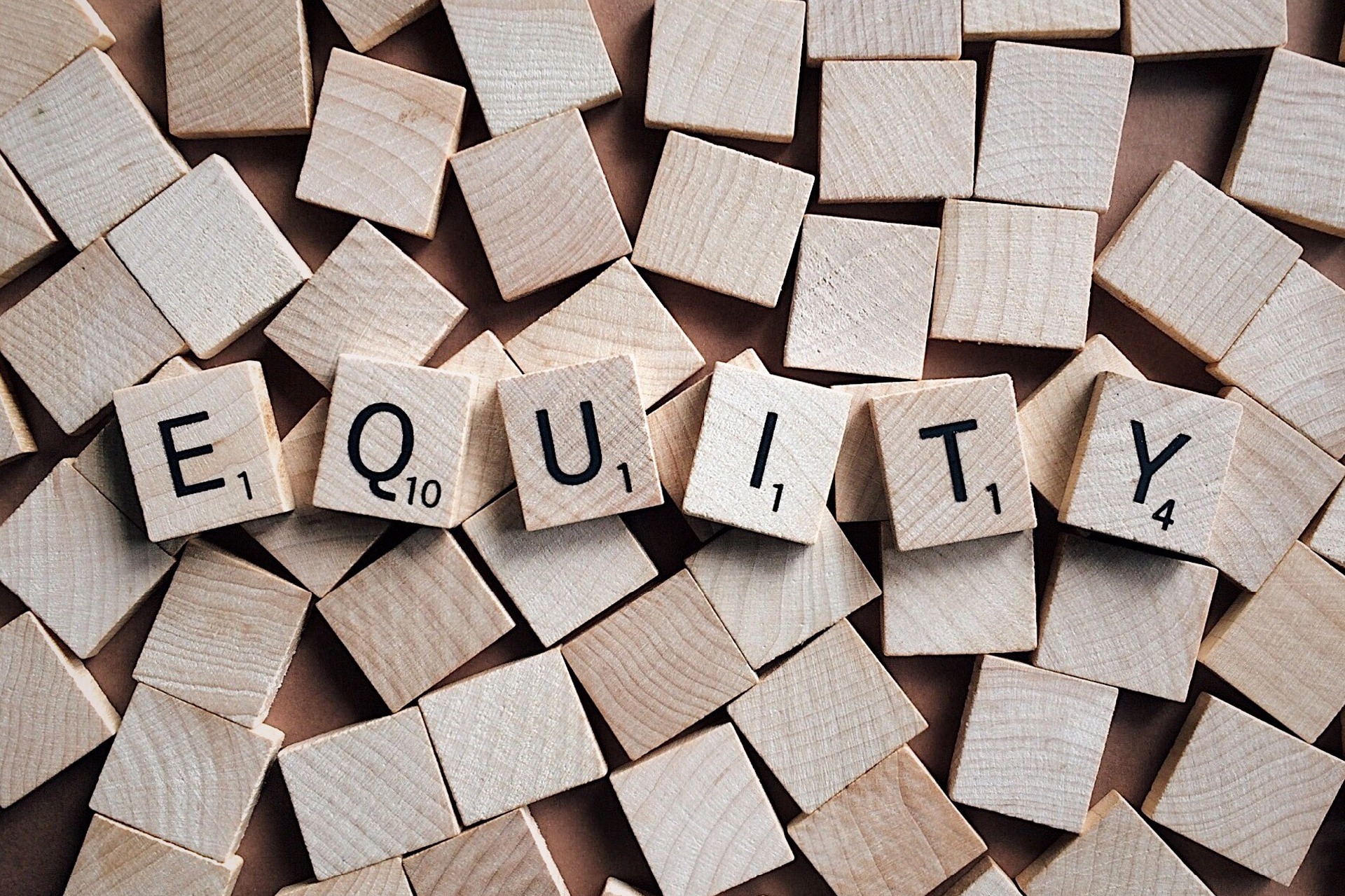On March 25, 2018, Linda Brown, the school girl who was at the centre of the landmark U.S. Supreme Court case that resulted in the desegregation of American Public Schools in 1954, died.
Her death was notable because the case that brought her to prominence changed the course of history and was one of many that changed the lives of people of colour in the United States.
The often referenced case ‘Brown vs. Board of Education’ challenged segregation rules which prevented young Linda from enrolling into a then, all white school, which was close to her home. The alternative was for her to be shuttled miles away, to a ‘black school’ across town in her home state of Kansas.
Fast forward to 2018, racial tensions are at an all time high in the United States and around the world, various minority populations are seeking their own avenues, to have their fundamental rights addressed and acknowledged.
This brings me home to Jamaica where some citizens are being denied rights and protections that are taken for granted by the masses. Specifically, vulnerable LGBT Jamaicans, who have to negotiate the systems that are meant to serve all citizens, with much more trepidation and potential barriers.
Depending on where you are situated in Jamaican society, the narrative around LGBT people may have been presented to you as such:
“The Gay Lobby”, “Overseas Gay Groups” or the ever popular “The Gay Agenda”
All are terms used to describe the seemingly invisible, invasive and otherworldly presence of people of differing identities, who are and have been part of our society from time immemorial. These terms speak specifically to the perceptible voice and visibility which bucks convention by simply existing to challenge status quo.
‘The Gay Agenda’
That J-FLAG, the human rights and social justice organisation advocating for the rights of LGBT Jamaicans, launched a manifesto in February, is telling. Entitled The Gay Agenda, it is immediately provocative, in name only, and may lead some to ponder the content of such a document.
In reclaiming a slur which has been used to demonise a segment of Jamaican society, the real conversation can now begin, in demystifying the real “agenda” of advocates, allies and the many people and organisations that are working with and in support of creating a better Jamaica, for all our citizens.

The 34 page manifesto seeks to present the LGBT voice on issues of National importance. It is not an ‘evil plan’ bent on destroying families and communities but instead should be juxtaposed with the Vision 2030 National Development plan which seeks to make “Jamaica, the place of choice to live, work, raise families and do business.”
What may surprise many who take the chance to review the document is that a repeal of the buggery law is not at the centre of this manifesto. As was outlined in this letter to the editor of the Gleaner, ten years ago, there are other shackles that bind the lives of LGBT Jamaicans.

The “agenda”, seeks to make clear what these are and articulate a clear vision for how they can be manifested.
For me, some of the more intriguing aspects were found in the segments addressing Health, Education, Housing & Social Security and Employment. I’ve pulled out two areas from each that I feel were particularly revelatory. These are areas that have been deemed key to engendering a better way of life for LGBT Jamaicans, when they are addressed.
Health
Stigma and discrimination faced by the LGBT population when accessing healthcare is eradicated.
Trans healthcare is integrated into medical education.
Education
Homophobic and transphobic bullying will be explicitly banned and punished.
Gender norms and harmful gender stereotypes are addressed at the secondary level.
Housing and Social Security
The social protection strategy is revised to look at the vulnerability of minority groups including LGBT Jamaicans.
Amendment to the rent restriction act to outlaw evictions based on tenants sexual orientation or gender identity.
Employment
There are laws which prevent all forms of discriminatory treatment in hiring, firing and promoting.
Men and women receive equal pay for equal work.
This snapshot is by no means exhaustive, as the document covers a number of other areas in even more categories, including many that are not specific to LGBT Jamaicans only.

In February last year, Gleaner columnist, Annie Paul satirised some of the furore surrounding the much feared and vilified ‘Gay Agenda’.
With said agenda now available here for consumption, a new light can be shed on the vision for Jamaica, held by LGBT citizens.
Equal Rights
When the Brown vs Board of Education case ended in 1954, the Supreme Court of the U.S. struck down the doctrine of “separate but equal” as unconstitutional because it denied guarantees of equal protection under the law.
It is clear that much is unequal in Jamaica today, but every step forward, can help to change this.
Be inspired, Be informed, Be Glorious!
Kevin
Subscribe to the blog by filling out the pop-up (if you haven’t done so yet) share your content suggestions here.
